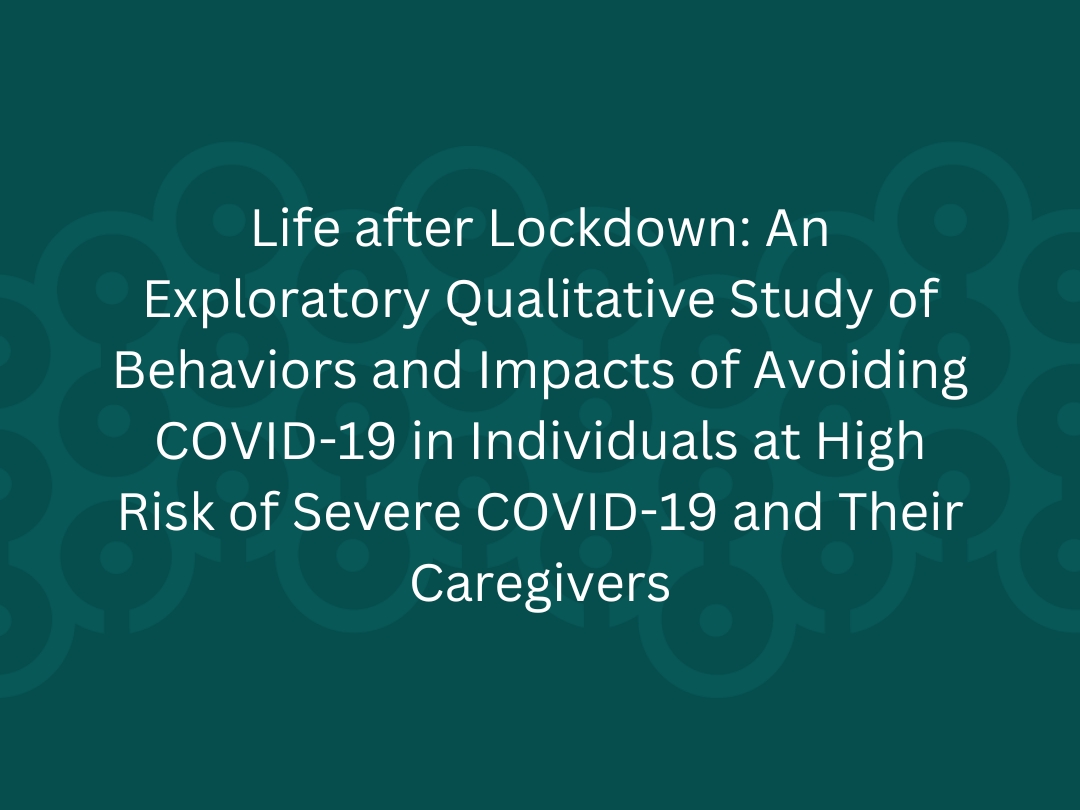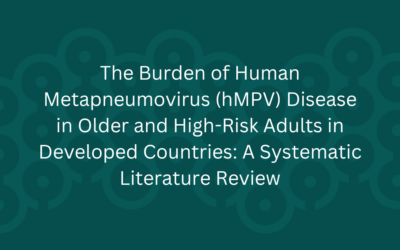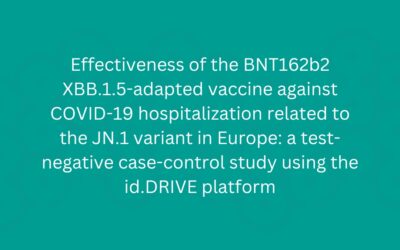Abstract
Background: This exploratory qualitative study involved semi-structured interviews with adults and caregivers of adults at high risk of severe COVID-19, addressing current COVID-19 avoidance and protective behaviors and how these behaviors impacted their lives. Results were interpreted in a separate think tank session. Insights were developed into a conceptual model of COVID-19 avoidance and protective behaviors and the associated impacts on health-related quality of life and overall functioning. Data were interpreted using a hybrid inductive and deductive thematic analysis. Twelve high-risk individuals and two caregivers were interviewed across four focus groups (April-July 2022). Major behavioral themes included physical distancing, physical and medical protection, quality of support services and networks, and information to make decisions. Major impacts included family, social, and emotional functioning; work and finances; and healthcare access. The final conceptual model comprised 13 behaviors to avoid COVID-19 categorized within four themes, and 13 impacts within five themes. Individuals at high risk of severe COVID-19 and their caregivers continue practicing COVID-19 avoidance behaviors post-lockdown and feel left behind by the general population. Our conceptual model may be used to inform health authorities and other governing bodies’ decisions in executing strategies aimed at improving these individuals’ lives.
Keywords: SARS-CoV-2; conceptual model; focus group; immunocompromised; physical distancing; quality of life; COVID-19; qualitative study
authors
Tiago Maia, Renata Yokota, Sofie Arnetorp, Joanne Smith, Gail Rae-Garwood, Gabriella Settergren, Marie Eckerd, Paul Williams






0 Comments